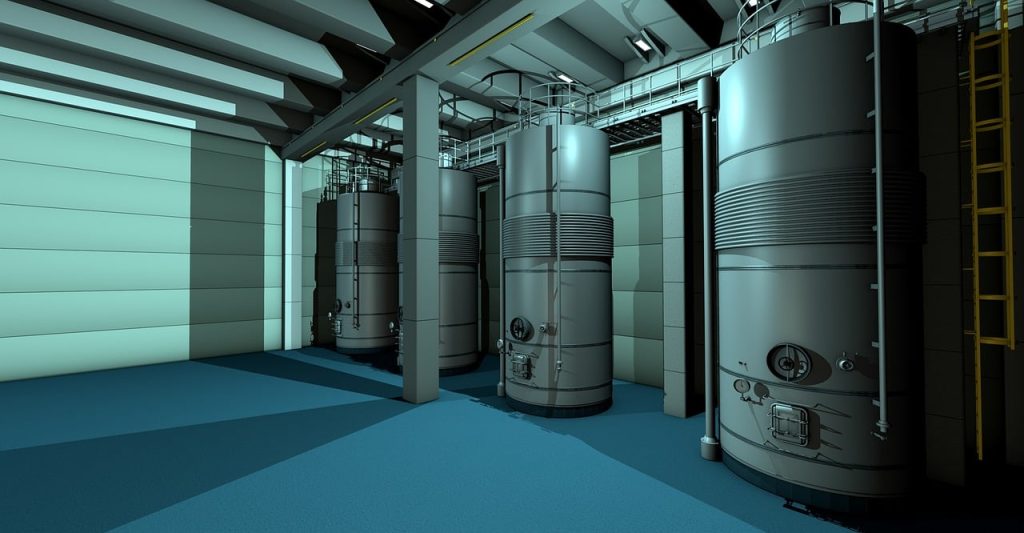
In the heart of industries, power plants, and residential spaces, a seemingly unassuming yet vital piece of technology silently works to keep us warm, generate power, and ensure the smooth operation of various processes. The boiler, a cornerstone of modern engineering, has a history dating back centuries and has evolved into a sophisticated marvel of science and efficiency. From its humble beginnings as a simple vessel to its present-day intricate designs, the boiler has become a symbol of technological advancement, environmental consciousness, and comfort.
A Historical Journey: Origins and Evolution
The boiler’s roots can be traced back to ancient civilizations, where ingenious minds harnessed the power of steam to create early steam-generating devices. However, the true leap in boiler technology occurred during the Industrial Revolution. James Watt’s steam engine, coupled with Matthew Boulton’s innovative design, gave birth to the modern boiler. This invention revolutionized industries, enabling factories to operate on a larger scale and ushering in an era of rapid progress.
From those early days of trial and error, the boiler has undergone a remarkable evolution. Early models were simple, relying on basic principles of heat exchange and pressure. Over time, materials science and engineering expertise have led to the development of more complex designs, capable of withstanding higher temperatures and pressures. Materials like steel and alloys have replaced cast iron, allowing for increased efficiency and safety.
Types of Boilers: Diverse Applications
Boilers have evolved to cater to various needs, resulting in a wide array of types designed for specific applications. Water tube boilers, characterized by their ability to produce steam quickly, are commonly used in power generation plants. Fire tube boilers, on the other hand, are prevalent in residential and commercial spaces, providing hot water for heating purposes. Package boilers, electric boilers, and condensing boilers further diversify the options available, each optimized for particular scenarios.
In recent years, innovative advancements have given rise to high-efficiency condensing boilers. These boilers capitalize on capturing and utilizing waste heat from the flue gases, increasing overall efficiency and reducing energy consumption. This aligns well with the growing emphasis on sustainability and energy conservation.
Efficiency and Environmental Considerations
The modern boiler landscape is dominated by the pursuit of efficiency and sustainability. With concerns over climate change and dwindling resources, engineers have focused on creating boilers that minimize waste, maximize heat transfer, and reduce emissions. This drive has led to the integration of advanced combustion technologies, intelligent controls, and heat recovery systems.
Condensing boilers, mentioned earlier, achieve efficiencies of over 90%, a significant leap from traditional boilers. These high-efficiency models not only save energy and money for consumers but also contribute to lowering carbon footprints. Moreover, the implementation of digital controls allows for precise monitoring and adjustment of the boiler’s performance, ensuring optimal operation and minimal energy wastage.
Challenges and Innovations
While boilers have come a long way, challenges persist. The push for cleaner energy sources has prompted researchers to explore alternative fuels for boilers. Biomass boilers, for instance, use organic materials like wood pellets to generate heat, offering a renewable and carbon-neutral alternative to fossil fuels. Additionally, the integration of renewable energy systems like solar and geothermal with boilers presents an exciting opportunity to create hybrid systems that leverage multiple energy sources.
Maintenance and safety remain paramount concerns. Regular inspections, cleanings, and maintenance are essential to prevent efficiency losses and safety hazards. Innovations in predictive maintenance, often driven by artificial intelligence and machine learning, enable early detection of potential issues, reducing downtime and ensuring safe operation.
Conclusion: Engineering Excellence
In the grand tapestry of engineering achievements, the boiler stands as a testament to human ingenuity and progress. From its origins as a humble steam generator to its current status as a high-tech, energy-efficient workhorse, the boiler has played a pivotal role in shaping industries and improving our quality of life. As we forge ahead into a future dominated by sustainability and technological advancement, the boiler will continue to adapt and evolve, ensuring our comfort while respecting the planet’s resources.







